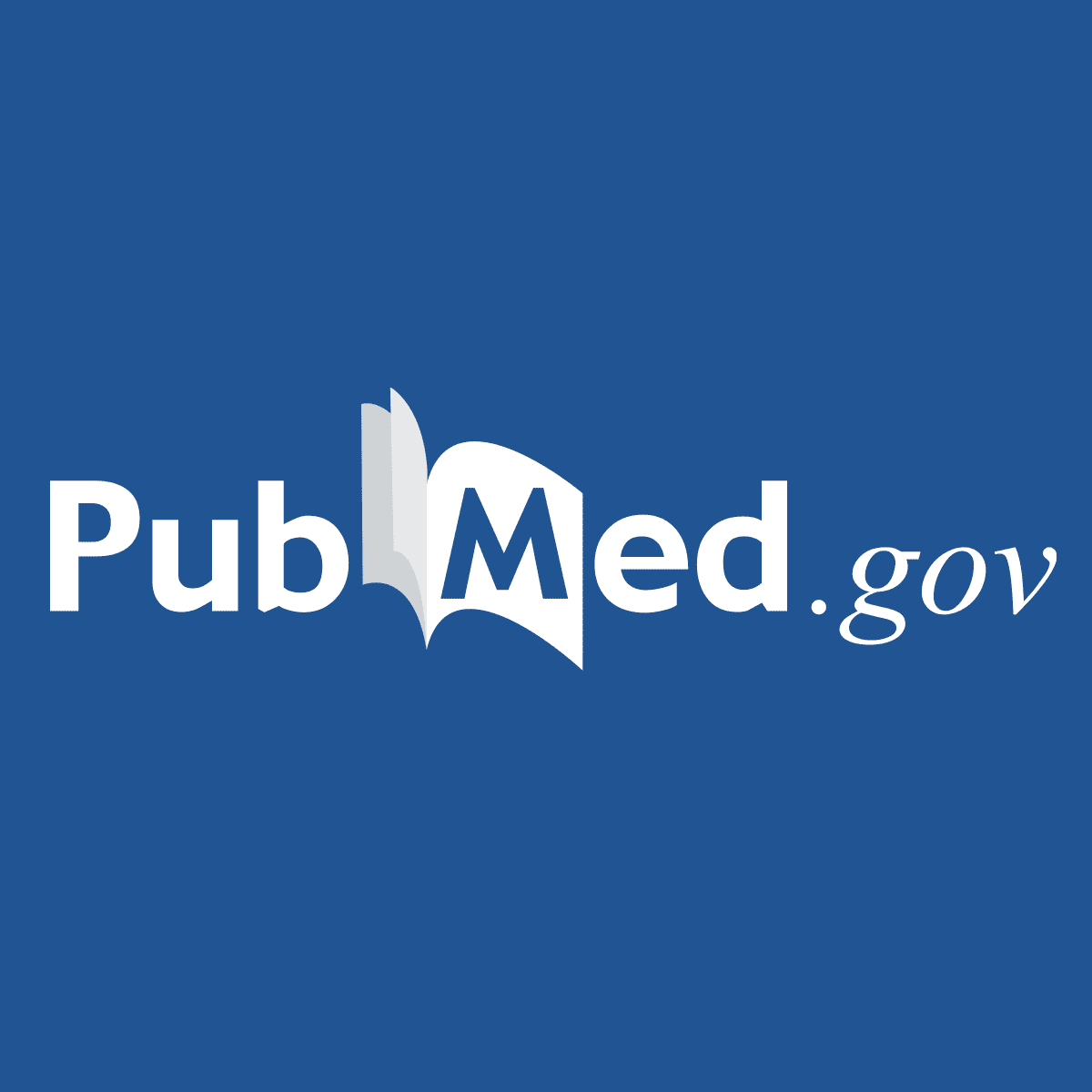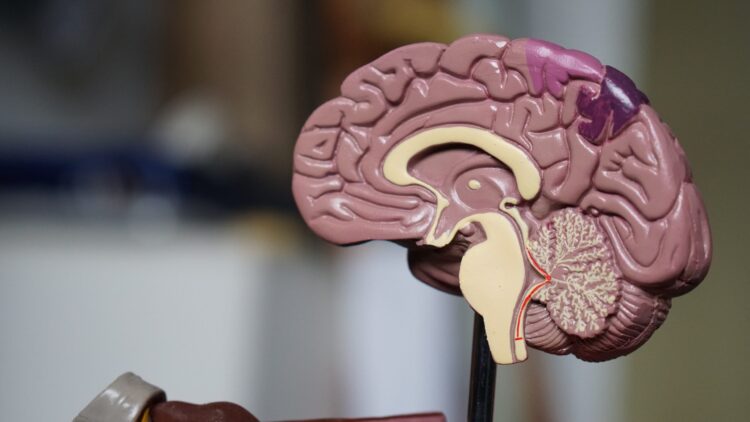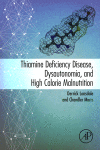mostlylurking
Member
Have you been supplementing zinc? Do you do any metal work like welding? If you were in range for zing four months ago and now you are high then you probably are being exposed to it somehow. Do some detective work and try to find the source of the zinc.Thanks for your detailed response @mostlylurking
I don't know. I suspect it may be from some supplement, but not sure.
Last year I was high in zinc but in range for copper. Four months ago I was low in copper but in range for zinc. (included the test result in the previous post) A mystery to me.
This search provided the most pertinent results: "occupational sources for zinc overload".

Too much zinc: Symptoms, causes, and treatments
Too much zinc can be harmful and may result in symptoms such as nausea, diarrhea, and headaches. Learn about the causes, symptoms, and treatment of zinc toxicity here.
also:

Zinc Toxicity - PubMed
Zinc is a transition metal usually present in nature in its divalent state. It is considered an essential mineral as it is necessary for the production of hundreds of enzymes throughout the body. Daily recommended intake of zinc differs depending on the patient population, and the normal...
Thiamine is protective in many ways. One way is keeping the blood/brain barrier intact. Thiamine deficiency causes leaky gut and also leaky blood/brain barrier. Good thiamine status helps keep heavy metals, including iron out of the brain.

Does thiamine protect the brain from iron overload and alcohol-related dementia? - PubMed
Alcohol-related dementia (ARD) is a common and severe co-morbidity in alcohol use disorder (AUD). We propose brain iron overload (BIO) to be an important and previously neglected pathogenic process, accelerating cognitive decline in AUD. Furthermore, we suggest thiamine, which is frequently...




